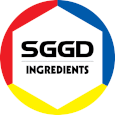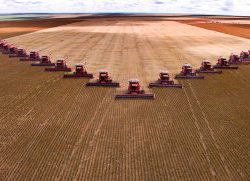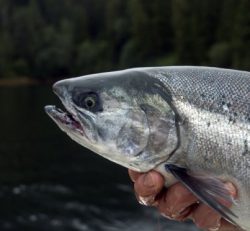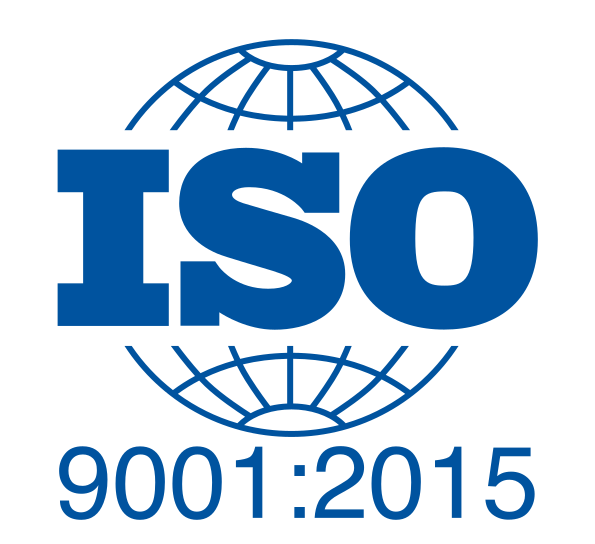CURCUMIN: A POWERFUL BIOACTIVE FOR SHEEP
Curcumin is a natural bioactive compound and is known to have anti-inflammatory and antioxidant actions. But can it also result in more and better sheep milk? Brazilian researchers delved into this.
Feed additives in the diet of sheep can improve the characteristics of milk, in order to add value and nutritional quality to the products. In the category of feed additives, the bioactive molecules and phytogenics are gaining a lot of interest over the last years. One of them is curcumin, a natural bioactive compound derived from Curcuma. This bioactive ingredient has been used for a long term for its anti-bacterial, coccidiostatic, anti-parasitic and antioxidant properties, in addition to its use as a preventive and a therapeutic substance. This is why in a Brazilian study, the addition of curcumin and its potential to improve health, performance and milk quality was further studied.
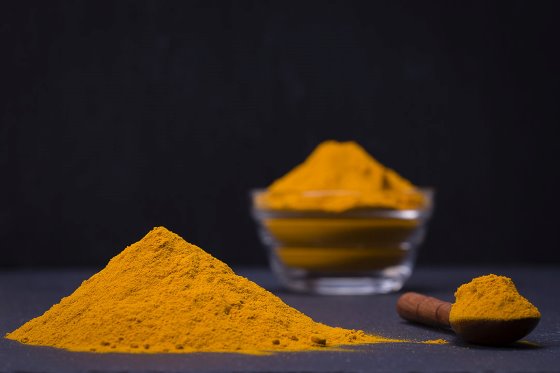
Curcumin has biological and nutritional properties. Photo: Dreamstime
Dose based on poultry trials
As this was the first study of ewes consuming curcumin in the diet, the dose used was based on studies in chickens that experienced weight gain and improvements in serum and tissue antioxidant activity (100 mg/kg of concentrate; Zhang et al., 2015). In the study, 18 Lacaune breed sheep (average live weight of 59.4 ± 2.8 kg) were determined to be healthy general physical examination, without gastrointestinal parasites. They were all at second and third parturition, 30 days postpartum, with milk production of 1.0 ± 0.1 L/sheep/day.
The animals were divided into 2 groups:
- Control (group C), consisting of ewes receiving only a basic diet; and
- Treated (group T), consisting of animals receiving a basic diet supplemented with curcumin (80 mg/kg concentrate).
The experiment lasted 15 days, with the first 10 days devoted to diet adaptation.
Results of feed intake and milk
No differences were found between groups regarding feed consumption from day 11 to 15 of the experiment. The animals in both groups consumed more than 95% of the diet provided daily, and the concentrate was completely consumed. The apparent digestibility coefficient did not differ for dry matter, mineral matter, crude protein or ADF, but increased for NDF in the treated group. However, the researchers observed changes in the milk production. Milk production increased in the animals of the treated group, with a numerical difference of up to 0.3 litres per ewe/day. Over time, a statistical difference in the curcumin group from day 0 to 10 and day 0 to 15 was seen. In the control animals, milk production over time, i.e., increase in the adaptation period (day 0 to 10) was also observed, but this effect was not observed from day 0 to 15.
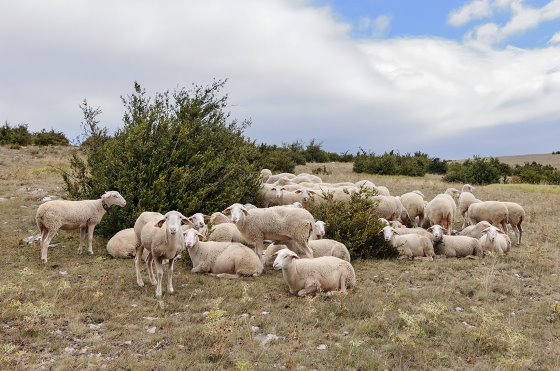
Several factors determine milk composition in sheep, such as breed, diet, season, lactation stage and health status. Photo: Wikipedia
Composition of milk
The milk composition of sheep which received curcumin in the diet had a reduction in fat levels on day 15, as well as a reduced SCC on day 10 and on day 15. There was a reduction in AOPP levels on day 10 and on day 15, representing a reduction in protein oxidation in the treatment group. Levels of FRAP, a potent total antioxidant, were higher in the milk of the curcumin group than in the control group. Over time, SCC and AOPP reduced in the group animals at day 0–10 and 0–15. Milk fat levels and pH did not differ between groups. With pasteurisation, differences between groups in terms of protein, lactose and DDE levels were observed at all time points: milk from group T had higher levels of these components than did group C. AOPP levels were lower after 17 days of refrigeration in group T, and FRAP levels were higher in group T than in group C. The use of curcumin in the sheep diet in this study resulted in the increase in total antioxidants and reduction of oxidants in milk, similar to a result observed by Biazus et al. (2018) who supplemented dairy sheep with diphenyl diselenide, a form of selenium with potent antioxidant action. Supplementation of micronutrient diets with antioxidant and immune properties such as vitamin E, Se, Zn and Cu is related to better udder health.
Conclusions
Curcumin in the diet of dairy sheep had antioxidant and anti-inflammatory actions, minimising the oxidative stress that is common in lactating animals. The indirect benefits of curcumin supplementation on sheep health contributed to an increase in antioxidant and anti-inflammatory effect of curcumin was observed in milk quality, particularly in the form of reduced protein oxidation and SCC, as well as increased total antioxidants that are beneficial to the health of consumers. There was also an increase in an unsaturated fatty acid and a decrease in a SFA in milk, demonstrating that curcumin can positively modulate the fatty acid profile. Therefore, the researchers conclude that the addition of curcumin to the diet of dairy sheep at a dose of 80 mg/animal/day can be an effective strategy to increase milk performance and to improve milk quality. Curcumin can be used as health promoter in sheep as well as a product with nutraceutical characteristics to benefit the consumer.
This article is a summary of the paper: Addition of curcumin to the diet of dairy sheep improves health, performance and milk quality, published in Animal Feed Science and Technology, Volume 246, December 2018, Pages 144-157.
Antonise M. Jaguezeski
et al. Universidade Federal de Santa Maria (UFSM), Brazil
Source: All About Feed
